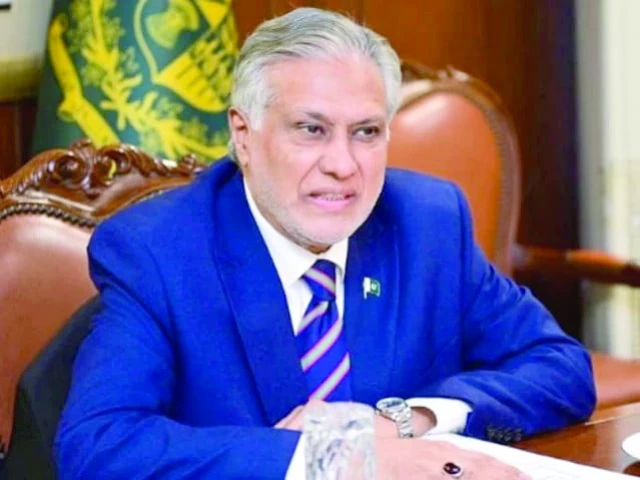Pakistani vice-premier Minister and Minister of Foreign Affairs Ishaq Dar went to Kabul Thursday to sign a trilateral agreement on a joint feasibility study for the Uzbekistan-Afghanistan-Pakistani (UAP) railway project.
DAR is accompanied by the Federal Minister of Railways Muhammad Hanifi Abbasi, the special assistant of the Prime Minister of Afghanistan Mohammad Sadiq and the secretary of the Ministry of Railways Syed Mazhar Ali Shah, according to a statement from the Office of Foreigners.
🔊 Pr no2️⃣0️⃣8️⃣ / 2️⃣0️⃣2️⃣5️⃣
Royal Rest: Deputy Prime Minister of Foreign Affairs The Senator Mohammad Ishaq Dar to visit Afghanistan to sign a framework agreement on the joint feasibility study of the UAP railway project
🔗⬇️ pic.twitter.com/lgrfpbzeq1– Ministry of Foreign Affairs – Pakistan (@Foreignoffice) July 17, 2025
The UAP railway initiative aims to link Uzbekistan to Pakistani sea ports via Afghanistan, creating a transit corridor that could transform regional trade and deepen connectivity between Central Asia and the South.
Read: Pakistan, Afghanistan trade reached $ 1 billion in the first half of 2025
The signing of the framework agreement on the joint feasibility study marks a key step in the development of the project and reflects the declared commitment of Pakistan to regional infrastructure and economic cooperation.
During his day visit, DAR should also meet the Minister of Affairs of Afghanistan, Amir Khan Muttaqi and call on the country’s acting Prime Minister. Discussions should cover bilateral relations, regional connectivity and broader international developments.
Earlier in a telephone call last month, DAR and MUTTAQI reaffirmed their commitment to the UAP railway project and described it as a key to unlocking regional connectivity. They also agreed to accelerate the work on the framework agreement of the project.
Muttaqi welcomed Pakistan’s decision to raise diplomatic relations with Kabul and said that Afghanistan was going to make the dismissal, describing the decision of “positive development” in the reconstruction of bilateral confidence.




